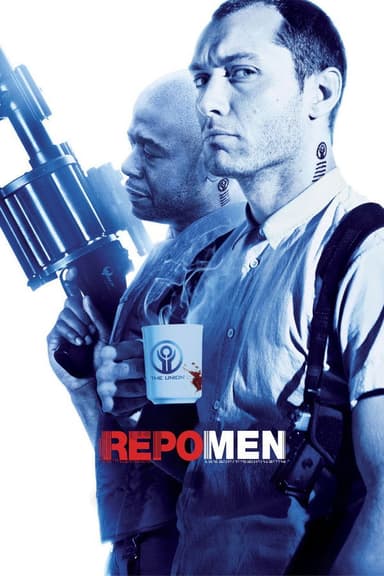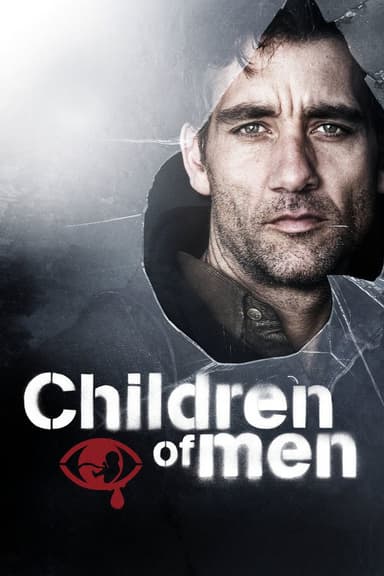
Freejack
1992 • Action, Crime, Drama, Science Fiction • R
Time-traveling bounty hunters find a doomed race-car driver in the past and bring him to 2009 New York, where his mind will be replaced with that of a terminally ill billionaire.
Runtime: 1h 50m
Why you should read the novel
If you’re fascinated by the chilling possibilities of mind transfer and a society obsessed with the quest for eternal life, Robert Sheckley’s Immortality, Inc. provides a thought-provoking, darkly humorous exploration of these themes. The novel’s imaginative world-building and biting satirical edge invite readers to reflect on questions of identity, morality, and the consequences of technological advancement. By delving into the novel, you’ll encounter a richly detailed vision and philosophical depth that the movie adaptation could never fully capture.
Reading Immortality, Inc. allows you to experience Sheckley’s original narrative wit and clever social commentary, unfiltered by Hollywood conventions. The literary work deploys suspense and irony to reveal the absurdities and dangers lurking beneath the surface of a high-tech society, refining every twist and revelation for a more rewarding intellectual experience. The pacing, world-building, and ethical dilemmas presented in the book offer a deeper journey that vastly outpaces its film adaptation.
For science fiction enthusiasts, the novel stands as a classic, influencing generations of speculative fiction writers. Sheckley’s distinct voice and layered storytelling immerse the reader in a future where humanity and morality are constantly redefined. Choosing the novel over the movie means embarking on a much richer, more nuanced exploration of immortality, personal agency, and the value of human life.
Adaptation differences
One major difference between Freejack and Immortality, Inc. is the tone: the novel is suffused with satire and black humor, while the film largely opts for a straightforward action-thriller approach. Sheckley's irreverent narrative pokes fun at society’s obsession with death and technology, whereas the movie downplays the satire in favor of action sequences and dramatic confrontations, fundamentally shifting the story’s feel.
The protagonist’s journey also differs significantly. In the novel, Thomas Blaine is a recently deceased man whose consciousness awakens in a strange, futuristic world where the transfer of souls has become lucrative and ethically ambiguous. In contrast, Freejack’s Alex Furlong is a race car driver snatched out of the past at the moment of death and hunted as a “freejack,” a fugitive body, in a more chaotic, dystopian environment. This reworking shifts the core existential themes of the book into a more conventional chase narrative.
Character development and relationships are considerably pared down in the film adaptation. While the novel explores the psychological transformation of Blaine as he attempts to understand and adapt to a world that exploits death, the movie focuses on action and romance, simplifying or omitting many of the intricacies of the source material. The motivations and complexity of the supporting characters are also significantly reduced or altered in the adaptation.
Lastly, the film introduces new plot elements and characters not present in the book, such as the villainous McCandless and a more militarized, corporate-controlled society, to heighten tension and broaden mass appeal. The novel, on the other hand, is far more meditative and satirical, spending more time on world-building and exploring philosophical questions regarding selfhood, mortality, and the commodification of the soul. Consequently, readers seeking intellectual depth and provocative social commentary will discover far more in Sheckley’s work than the film offers.
Freejack inspired from
Immortality, Inc.
by Robert Sheckley






